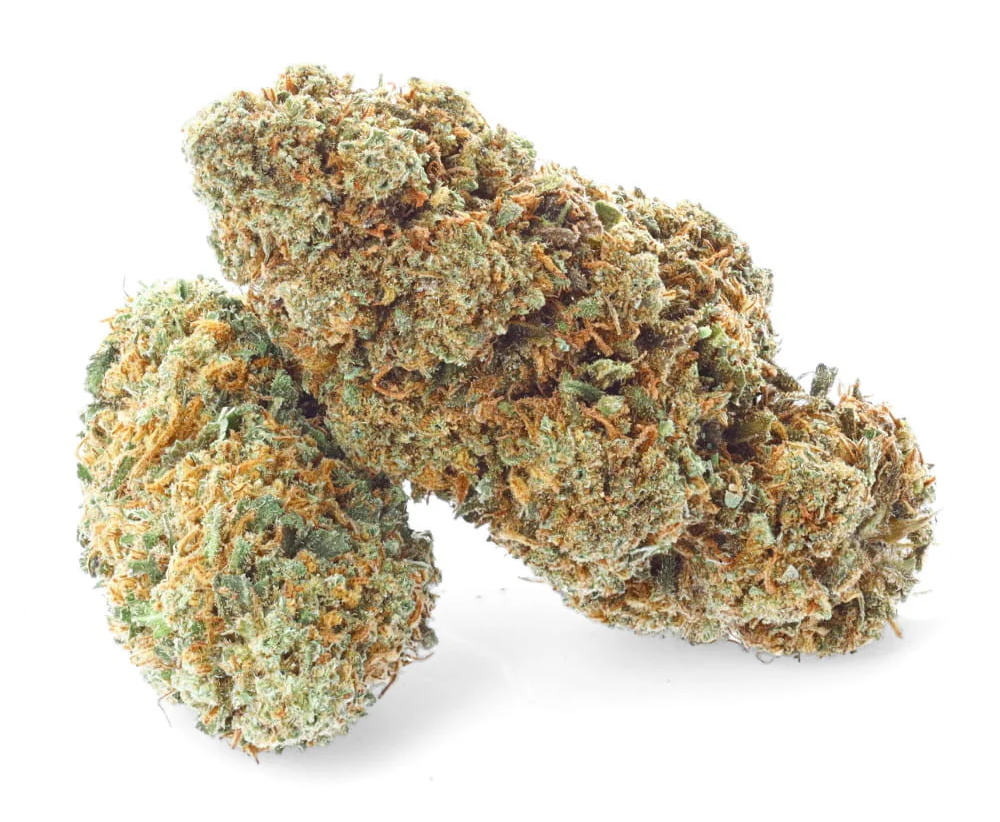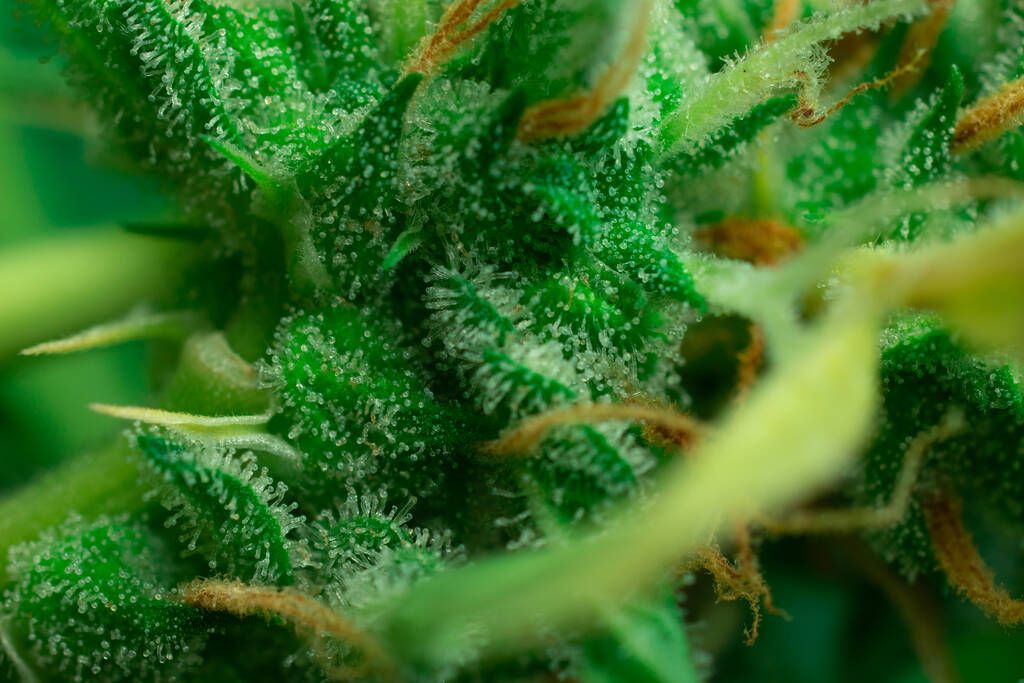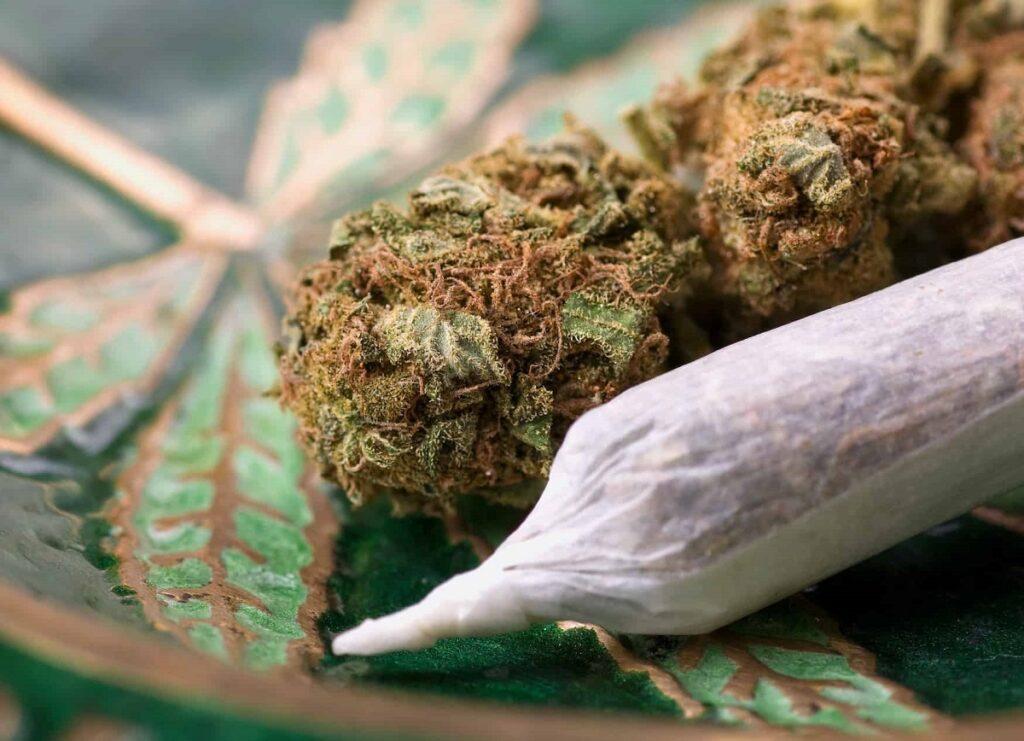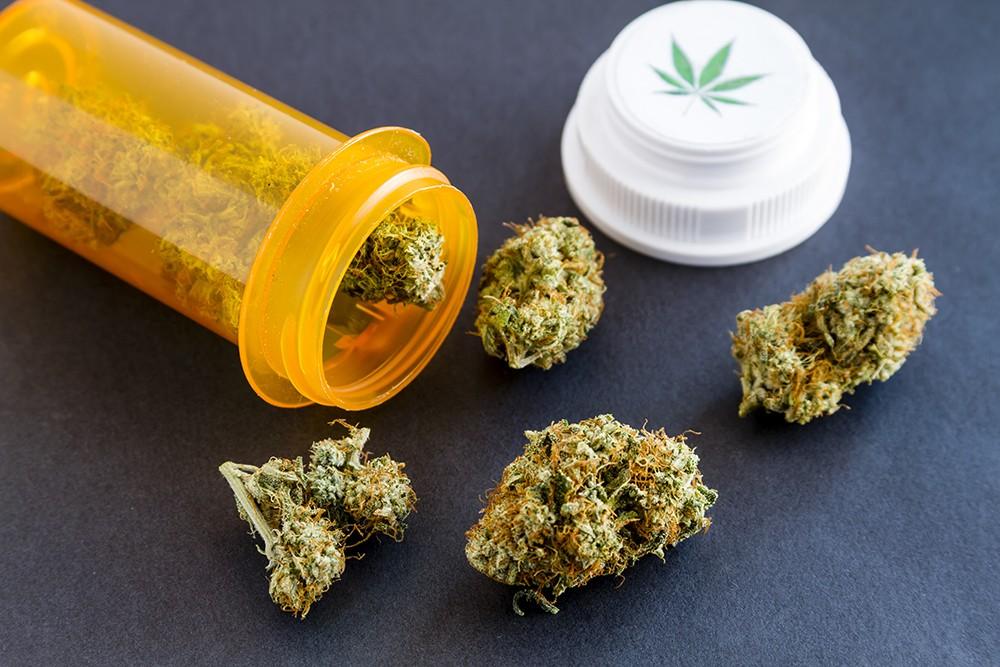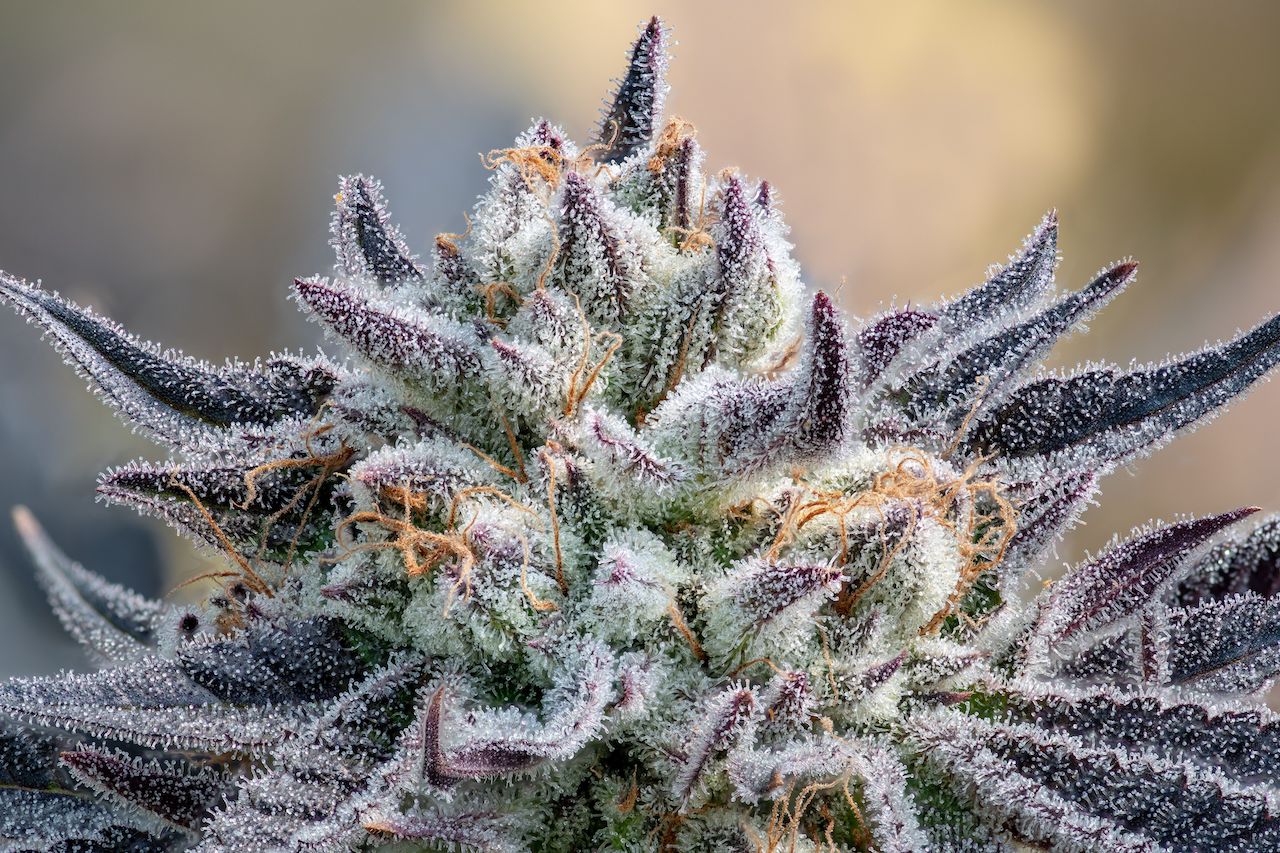California’s marijuana industry is sounding the alarm over a looming tax hike, but state officials say the increase is moving forward regardless.

The California Department of Tax and Fee Administration has confirmed that the state’s cannabis excise tax rate will rise from 15% to 19% on July 1. The 26% increase is the maximum allowed under current law and was announced Thursday during a cannabis advisory committee meeting.
The tax hike was triggered automatically due to a decline in cannabis excise revenue. Industry leaders blame the drop on mounting taxes, persistent competition from the illicit market, and costly regulatory burdens that have forced many licensed businesses to shut their doors.
Continue reading

